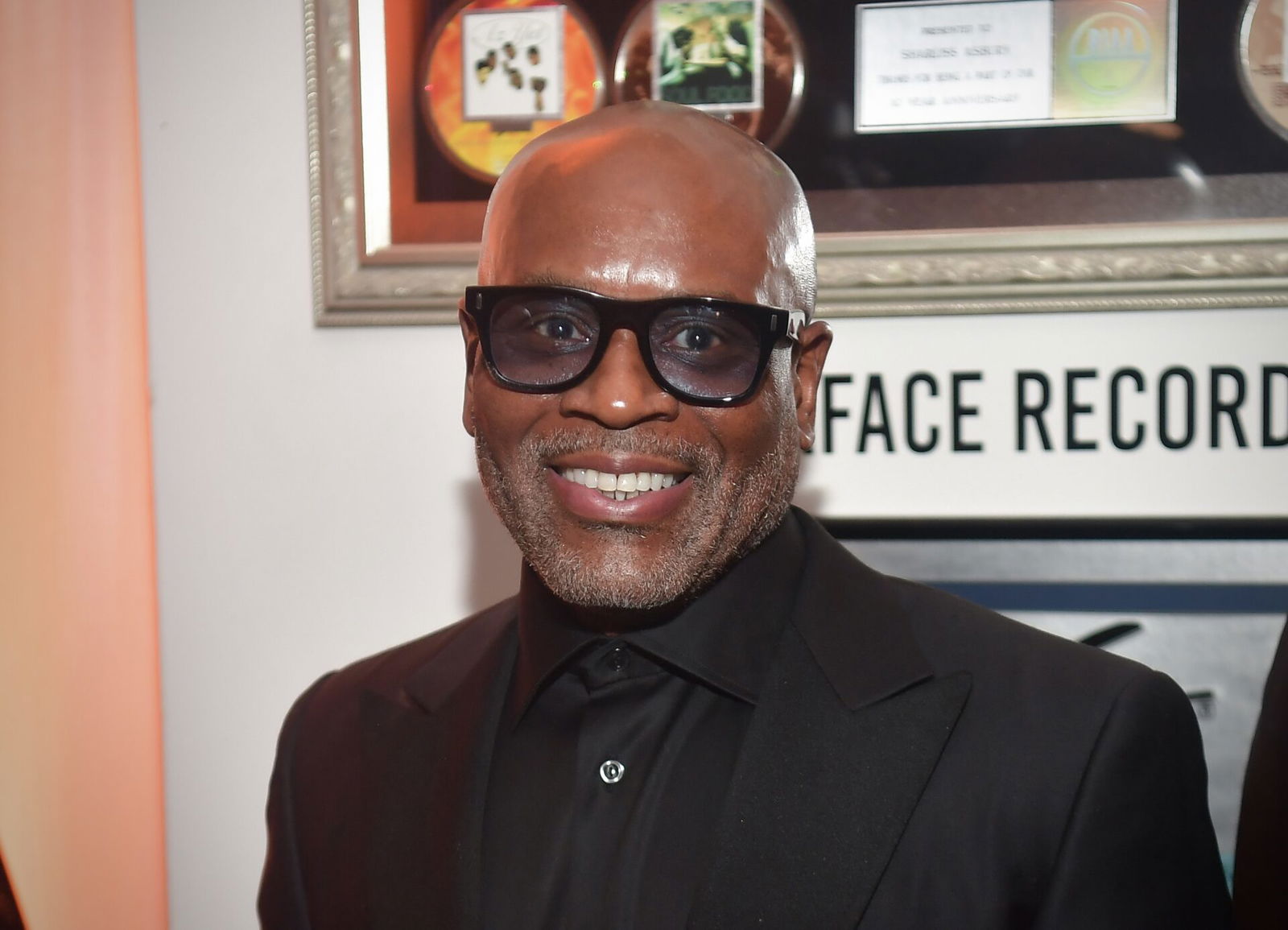[ad_1]

August 16, 2024
A New York is siding with Drew Dixon by denying L.A. Reid’s motion to dismiss her assault lawsuit.
L.A. Reid’s attempt to get Drew Dixon’s sexual assault lawsuit against him dismissed has been denied.
On Tuesday, August 13, New York Judge Valerie Caproni ruled in favor of Dixon and allowed her lawsuit to proceed, AllHipHop reports. The decision comes in response to Reid filing motions to dismiss some of Dixon’s claims, citing the statute of limitations and venue issues at the two locations where she accuses him of sexually assaulting her during her time working as a music executive at Arista 20 years ago.
Judge Caproni determined that Dixon’s claims of false imprisonment and intentional infliction of emotional distress were not barred by the statute of limitations under the New York Adult Survivors Act. Additionally, the judge found that the events described in the complaint had a significant connection to the Southern District of New York, where the lawsuit was filed.
“The coordination of the retreat has a ‘close nexus to’ Plaintiff’s false imprisonment claim as the acts about which she complains occurred on the flight that was arranged in New York,” the judge wrote.
“While the Complaint does not specifically allege that Defendant instructed [Arista executive Karen] Kwak to tell Plaintiff that other executives would be on the flight, viewing the facts in the light most favorable to the Plaintiff, the Court can infer that the scheme to mislead Plaintiff about the travel arrangements occurred in Manhattan.”
Dixon accuses Reid of sexually assaulting her twice in 2001 and later cutting her budget and sidelining artists after she turned down his continuing advances. The first alleged assault occurred on a private jet with Reid while en route to a company-wide retreat in Puerto Rico.
“He asked her to sit next to him to go over materials for the presentation, and then he began playing with her hair, kissing her and digitally penetrated her vulva without her consent,” the suit states.
The second alleged assault took place while Dixon and Reid sat inside a car together during the company retreat.
“Shortly into the ride, Mr. Reid again, without Ms. Dixon’s permission or consent, began to grope and kiss Ms. Dixon, who squirmed and pushed him away as Mr. Reid’s driver stared straight ahead. When Mr. Reid complained and became visibly irritated with her lack of compliance, Ms. Dixon froze. Mr. Reid again digitally penetrated Ms. Dixon’s vulva without her consent.”
Reid attempted to have parts of Dixon’s lawsuit tossed. However, Judge Caproni rejected his request to strike ten sections of New York Penal Law Article 130 cited in the lawsuit. Dixon argued against Reid’s efforts, calling them an “inappropriate attempt to thrust the Court into the impermissible role of factfinder at the pleading stage.”
“As Plaintiff notes, Defendant did not challenge the citation to Sections 130.52 (forcible touching) and 130.55 (sexual abuse in the third degree); it is difficult to understand any prejudice caused by additional citations to other portions of Article 130,” the judge ruled. “Because Defendant has not met his burden, his Motion to Strike is denied.”
In 2017, Reid left Epic Records after a female assistant accused him of sexual harassment. In Dixon’s lawsuit, she labeled Reid as a “known predator who uses his singular professional power to force himself on his victims.” She remains in legal disputes with Reid and Russell Simmons on claims of sexual assault against both men.
[ad_2]
Source link





















